In an important artificial intelligence ruling for both the legal technology and publishing industries, the U.S. District Court for the District of Delaware has largely sided with Thomson Reuters in its copyright infringement lawsuit against ROSS Intelligence. The court held that ROSS's use of Westlaw headnotes to train its AI legal research platform infringed Westlaw’s copyrights and was not protected by fair use.
The February 11, 2025 opinion by District Judge Bibas revises his earlier 2023 summary judgment ruling and provides important guidance on how courts may analyze copyright claims involving AI training data.
Key Holdings
The court granted partial summary judgment to Thomson Reuters, finding that ROSS had infringed copyrights in 2,243 Westlaw headnotes. The court found that Westlaw's headnotes contained sufficient creativity to merit copyright protection, comparing the editorial process of creating headnotes to sculpture - choosing which parts of an opinion to highlight demonstrates creative expression.
Notably, the court rejected ROSS's fair use defense after analyzing the four traditional fair use factors. While acknowledging that ROSS's use was "intermediate" - converting headnotes into training data rather than displaying them to users - the court found this use was still primarily commercial and non-transformative since ROSS aimed to compete directly with Westlaw.
The court particularly emphasized market harm, noting that both the current legal research market and potential future market for AI training data could be impacted. The opinion distinguished this case from Google v. Oracle, where copying was permitted in part because programmers relied heavily on the specific programming interface at issue. Here, in contrast, ROSS could have created its own original legal summaries without needing to copy Westlaw's existing content, as there was no similar technical or practical necessity to use its specific expression.
Implications for AI Development
This ruling suggests companies developing AI systems should carefully evaluate their training data sources and may need to:
Obtain licenses for copyrighted training materials rather than assuming fair use will apply
Develop original training data rather than copying existing protected content
Consider whether their use truly transforms the copyrighted material in a way that serves a different purpose from the original
The court noted it was only addressing non-generative AI in this case, leaving open questions about how copyright law might apply to generative AI systems.
For more information regarding Alto Litigation’s litigation practice, please contact one of Alto Litigation’s partners: Bahram Seyedin-Noor, Bryan Ketroser, or Joshua Korr.
****
Disclaimer: Materials on this website are for informational purposes only and do not constitute legal advice. Transmission of materials and information on this website is not intended to create, and their receipt does not constitute, an attorney-client relationship. Although you may send us email or call us, we cannot represent you until we have determined that doing so will not create a conflict of interests. Accordingly, if you choose to communicate with us in connection with a matter in which we do not already represent you, you should not send us confidential or sensitive information, because such communication will not be treated as privileged or confidential. We can only serve as your attorney if both you and we agree, in writing, that we will do so.
The materials on this website are not intended to constitute advertising or solicitation. However, portions of this website may be considered attorney advertising in some states.
Unless otherwise specified, the attorneys listed on this website are admitted to practice in the State of California.

